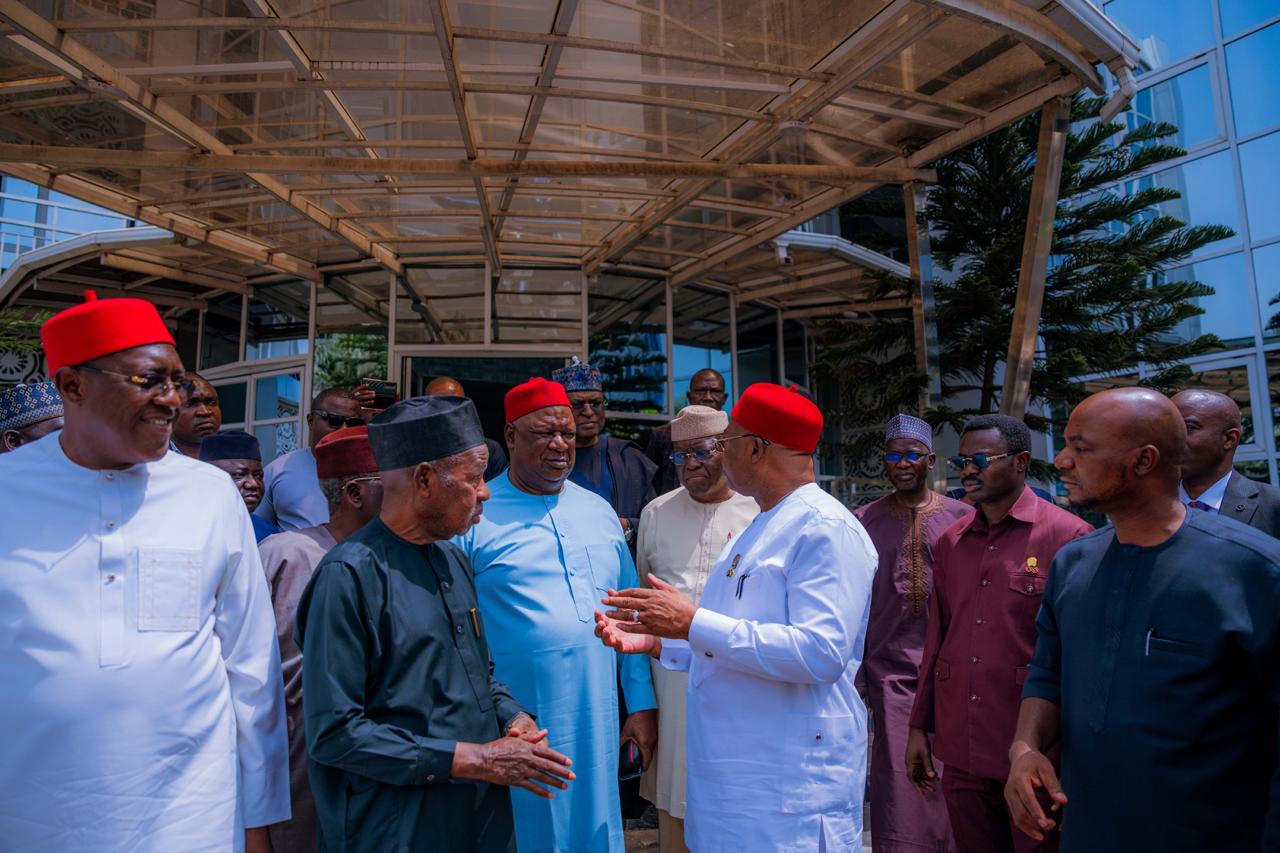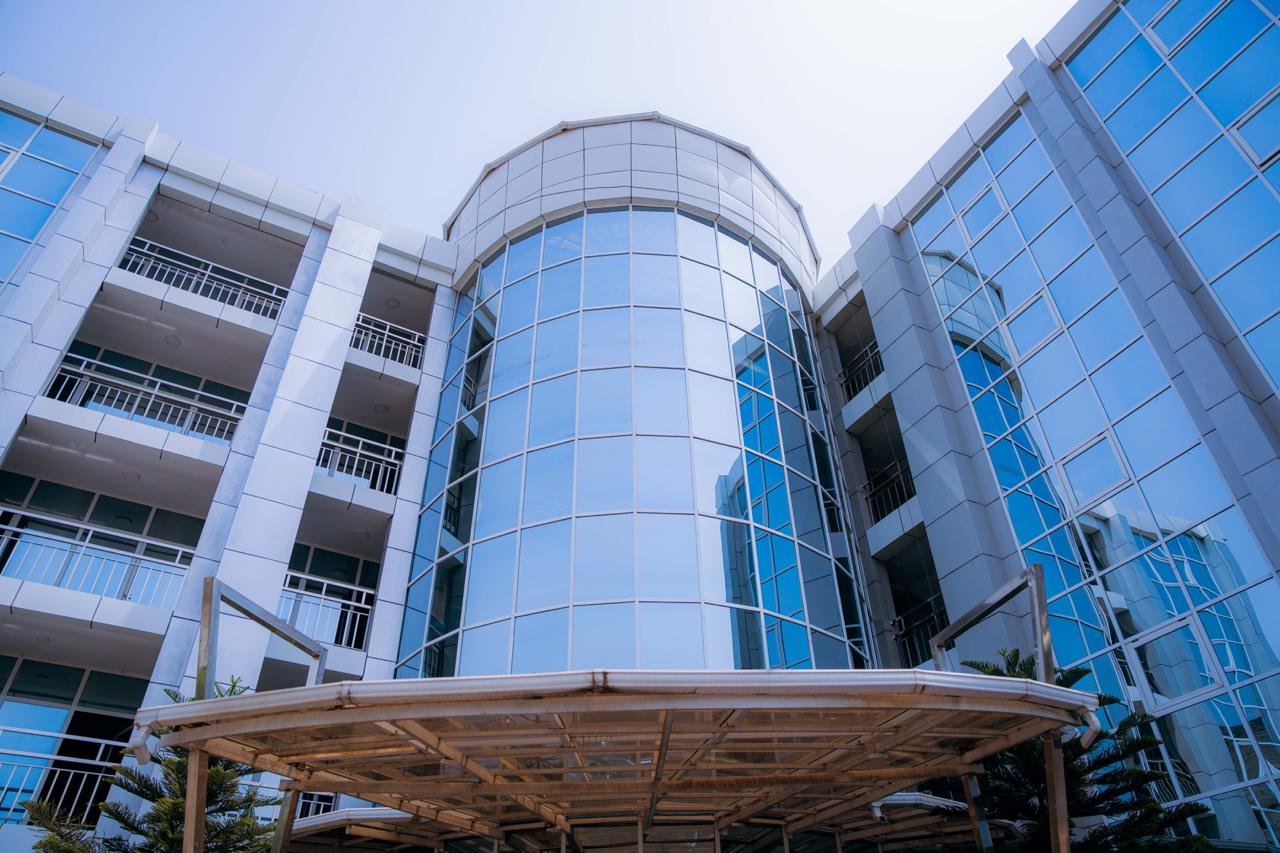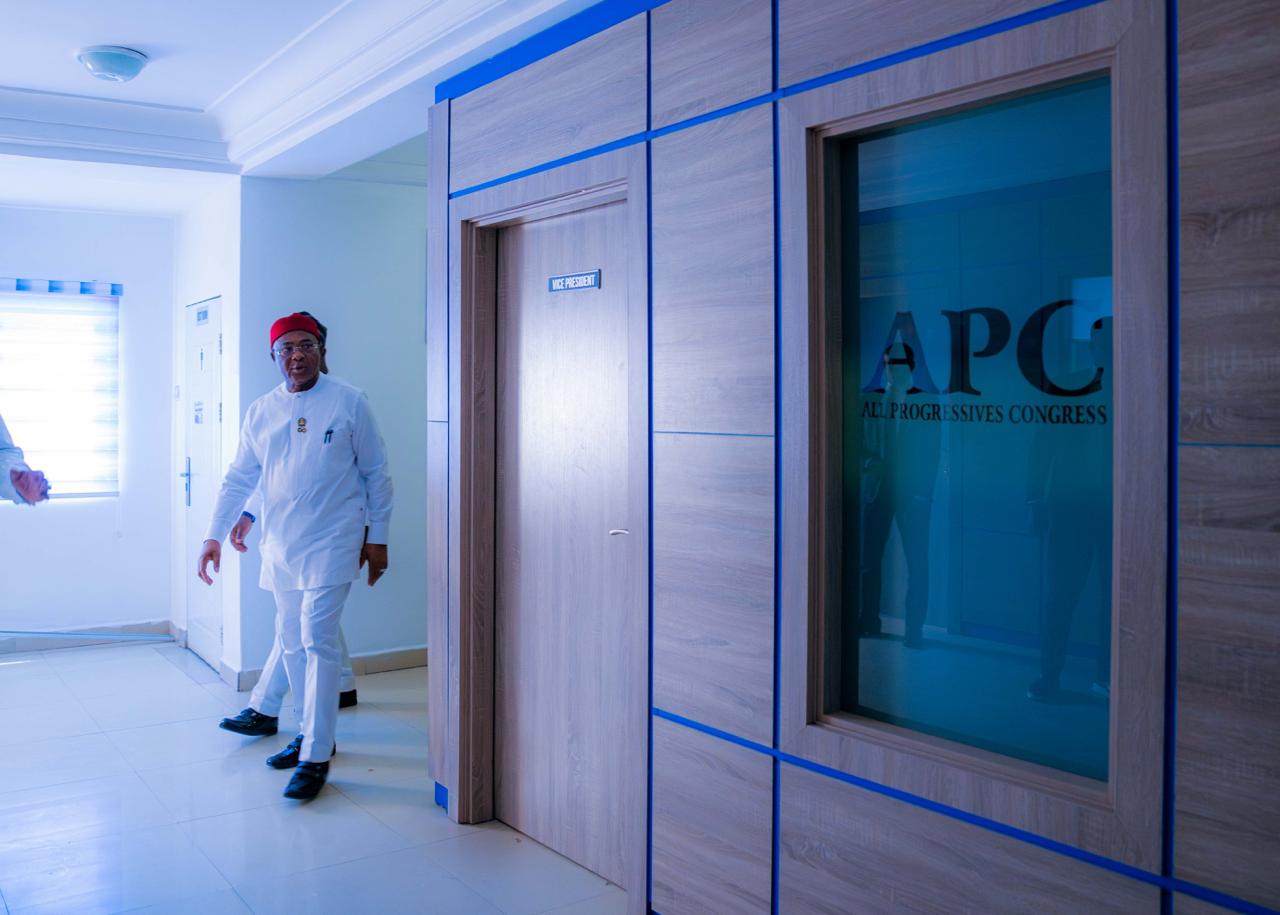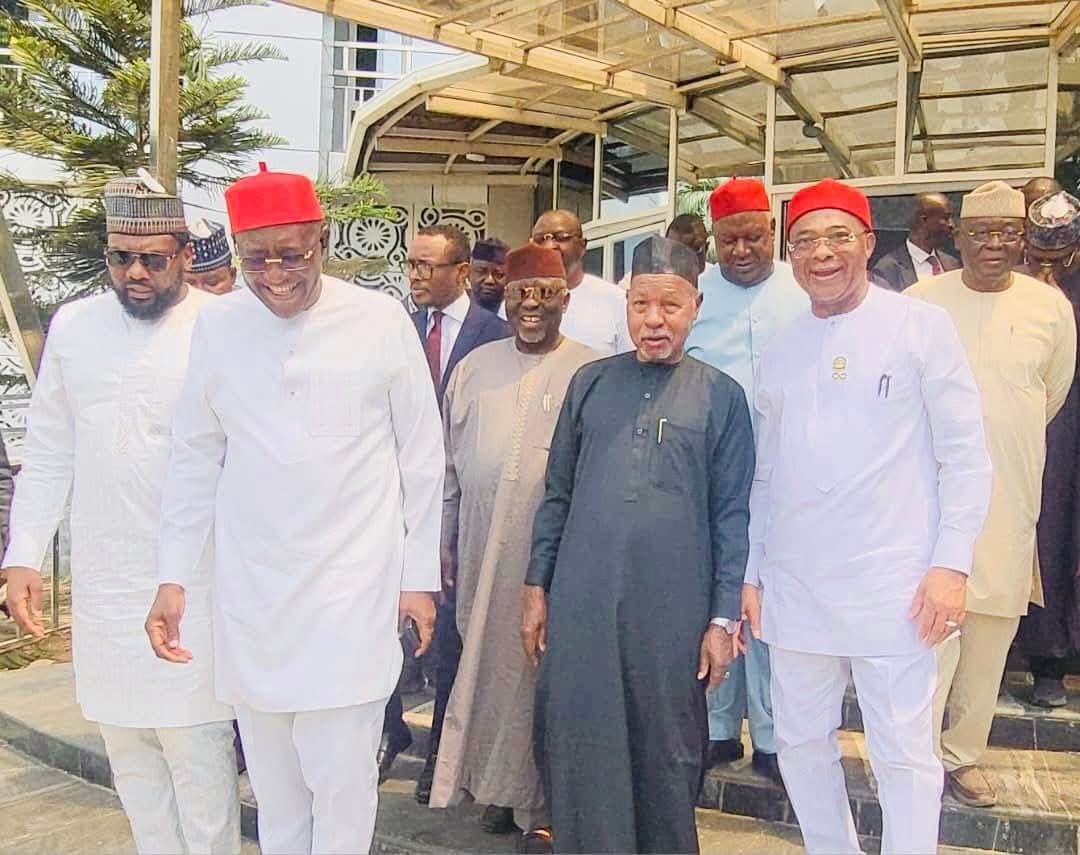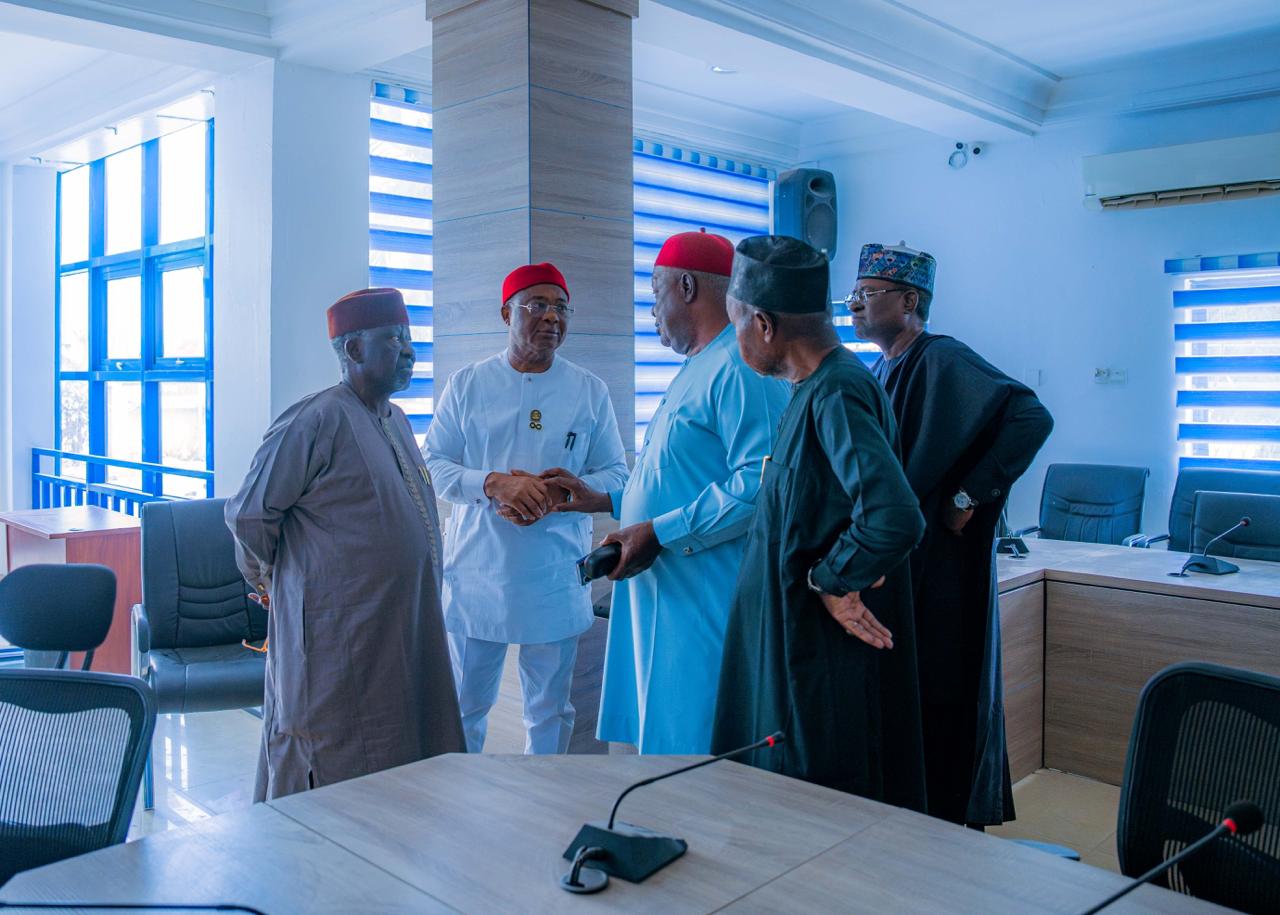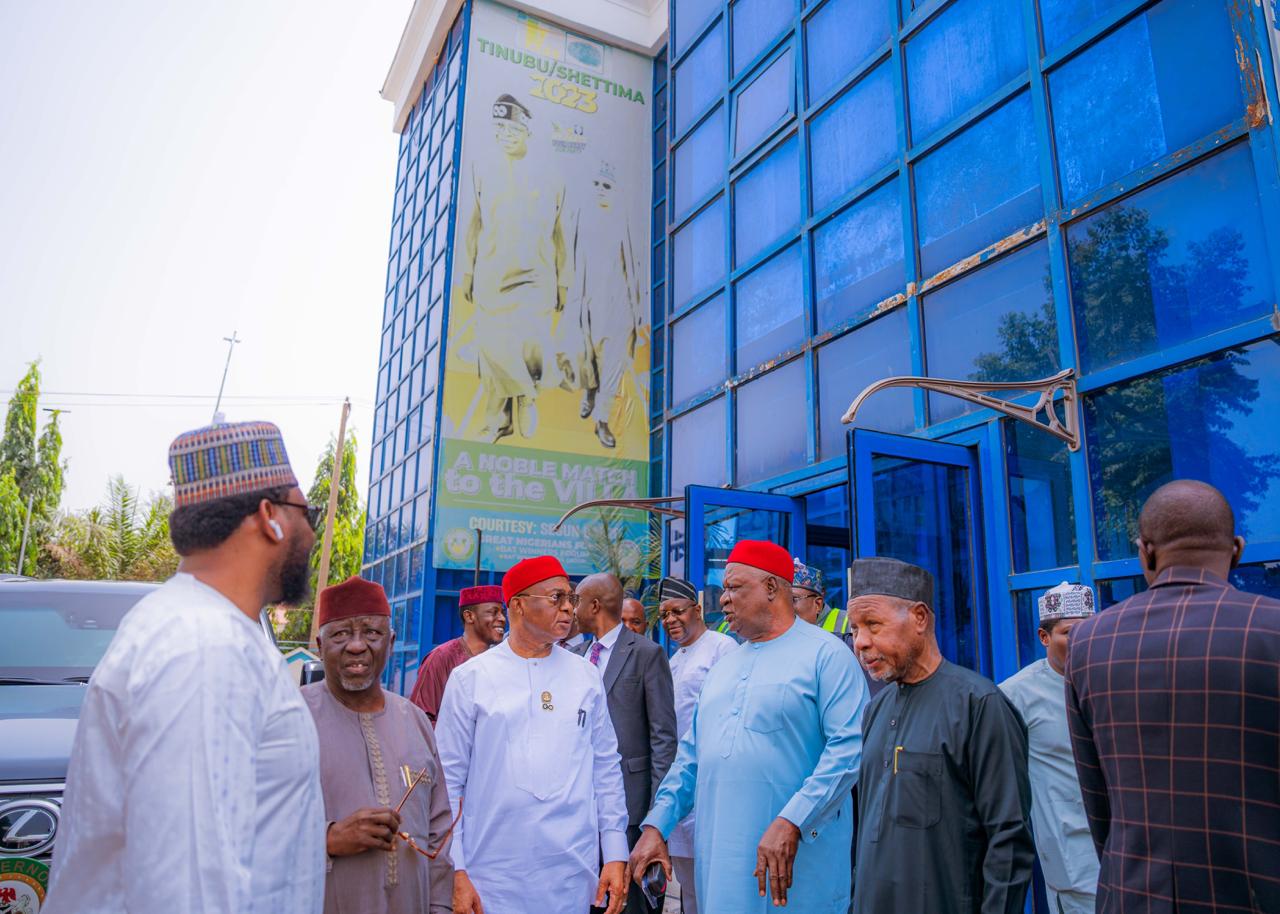Business
The Profitable Venture of Building Warehouses on Land Property in Nigeria by Dennis Isong
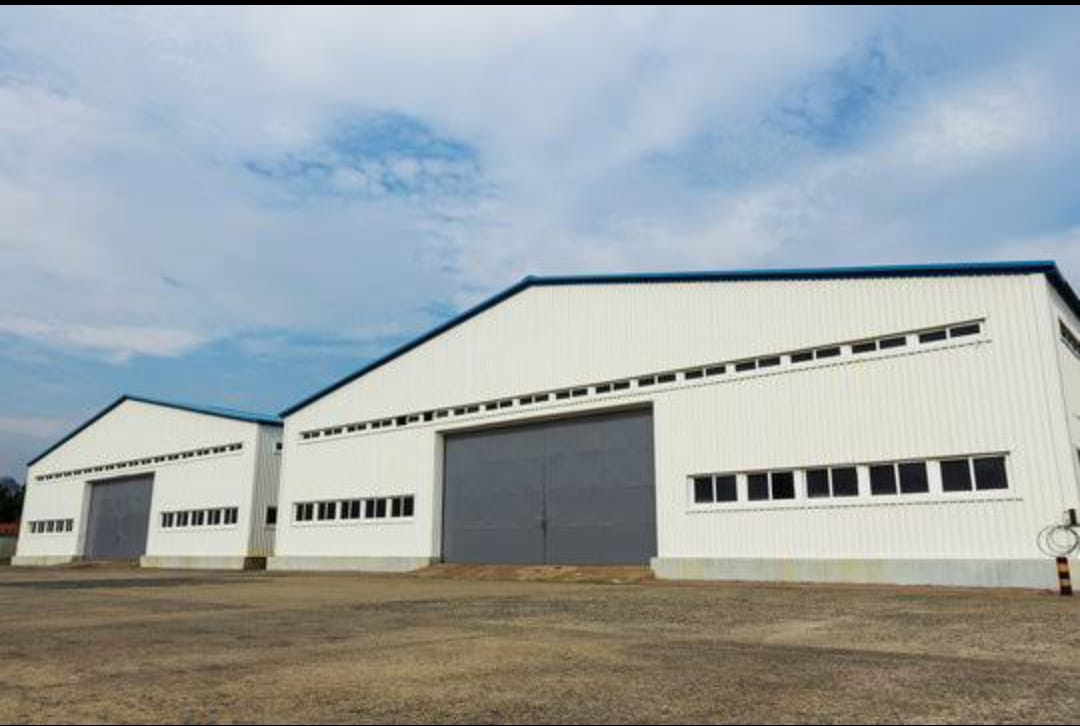
The Profitable Venture of Building Warehouses on Land Property in Nigeria by Dennis Isong
Investing in real estate has always been a reliable pathway to wealth generation, particularly in Nigeria, where the demand for land and property consistently rises due to rapid population growth. Among the various forms of real estate investments, building a warehouse on your land property stands out as a highly profitable venture.
A warehouse is a large building or structure primarily used for storing goods, merchandise, and materials. Warehouses serve as key nodes in the supply chain, where goods are received from suppliers, stored, and then distributed to retailers or customers. They can range from small storage spaces to massive complexes covering thousands of square meters. The design of a warehouse is typically utilitarian, focusing on functionality, safety, and efficiency, with features like high ceilings, loading docks, and climate control systems to protect perishable items.
Uses of a Warehouse
1. Storage of Goods: The primary function of a warehouse is to store goods, ranging from raw materials to finished products. This storage capability helps businesses manage their inventory and meet customer demands without the risk of stockouts.
2. Distribution Hub: Warehouses often serve as distribution centers, where goods are received from various suppliers and then dispatched to retail stores, customers, or other warehouses.
3. Order Fulfillment: In e-commerce, warehouses play a crucial role in order fulfillment, where products are picked, packed, and shipped to customers after an online purchase.
4. Cross-Docking: This is a process where products from a supplier or manufacturing plant are distributed directly to customers or retail chains with minimal handling or storage time, reducing the need for warehouse space and speeding up delivery times.
5. Product Consolidation: Warehouses can consolidate smaller shipments from different suppliers into a larger, single shipment, reducing transportation costs and increasing efficiency.
6. Seasonal Storage: Businesses often need additional storage space for seasonal products. A warehouse provides the necessary space to store these goods until they are needed, such as holiday decorations or seasonal clothing.
7. Inventory Management: Modern warehouses are equipped with inventory management systems that track the movement of goods, manage stock levels, and ensure efficient operations.
8. Buffer Storage: Warehouses act as a buffer between production and consumption, allowing businesses to store excess inventory during times of low demand and release it when demand spikes.
9. Packaging and Labeling: Many warehouses offer packaging and labeling services, where goods are repackaged, labeled, or customized before being shipped to their final destination.
10. Product Testing and Inspection: Some warehouses are equipped with facilities for testing, inspecting, and even repairing products before they are shipped out to ensure quality and customer satisfaction.
Benefits of Warehouse Property Investment in Nigeria
1. High Demand for Storage Space: Nigeria’s booming population and growing economy have led to an increase in the production and consumption of goods. This, in turn, has driven the demand for storage facilities, making warehouses a sought-after commodity. Companies in industries such as manufacturing, agriculture, retail, and e-commerce all require warehouse space to store their products and manage their supply chains effectively.
2. Steady Rental Income: One of the primary benefits of building a warehouse on your land property is the potential for steady rental income. Companies are willing to pay premium prices to lease well-located and well-maintained warehouses. This provides property owners with a reliable and consistent source of income, often with long-term lease agreements that offer financial stability.
3. Appreciation of Property Value: Investing in warehouse property not only generates rental income but also contributes to the appreciation of the property’s value over time. As urban areas expand and industrial zones develop, the value of land with functional warehouses increases. This makes it a lucrative investment for the future.
4. Low Vacancy Rates: Warehouses, especially those located in strategic areas like Lagos, Abuja, and Port Harcourt, tend to have low vacancy rates. The consistent demand for storage space ensures that warehouse properties are rarely left unoccupied, reducing the risk for investors.
5. Diverse Tenant Base: Warehouses attract a wide range of tenants from various industries, including logistics, manufacturing, retail, and e-commerce. This diversity reduces the risk of dependency on a single tenant or industry, providing a more stable investment.
6. Scalability: Unlike residential or commercial properties, warehouses offer scalability. As your business grows, you can expand the warehouse space by acquiring adjacent land or optimizing the existing layout. This flexibility allows you to cater to larger tenants or store more goods, increasing your income potential.
7. Tax Incentives: The Nigerian government, recognizing the importance of infrastructure and storage facilities, offers various tax incentives for warehouse construction and operation. These incentives can significantly reduce the overall cost of investment and increase profitability.
8. Inflation Hedge: Real estate, including warehouse properties, is considered an effective hedge against inflation. As inflation rises, the value of the property and rental income tends to increase as well, preserving the purchasing power of your investment.
9. Strategic Location Advantages: Warehouses strategically located near ports, airports, major highways, or industrial zones have a significant advantage. These locations reduce transportation costs and improve logistics efficiency for tenants, making such warehouses highly desirable.
10. Potential for Conversion: Warehouses offer the potential for future conversion to other uses, such as retail spaces, offices, or residential units. This versatility adds to the long-term value of the investment.
How Warehouse Investment is Profitable for Nigerians in the Diaspora
For Nigerians in the diaspora, investing in warehouse property in Nigeria presents a unique opportunity to build wealth and maintain a connection to their homeland. Here’s how this investment can be particularly profitable:
1. Currency Exchange Benefits:
Diaspora investors often have access to foreign currencies, which are stronger than the Nigerian Naira. Investing in warehouse properties allows them to take advantage of favorable exchange rates, reducing the overall investment cost while earning rental income in Naira.
2. Passive Income:
For Nigerians living abroad, managing day-to-day operations in Nigeria can be challenging. Warehouse investment offers a low-maintenance option to generate passive income. Once a warehouse is leased to a reliable tenant, it requires minimal oversight, allowing diaspora investors to enjoy steady income with limited involvement.
3. Portfolio Diversification:
Many Nigerians in the diaspora invest in real estate as a way to diversify their portfolios. Warehouse properties provide a unique asset class that offers both income generation and capital appreciation, helping to balance investment risk.
4. Leverage Local Knowledge and Networks: Diaspora investors can leverage local knowledge and networks to identify prime warehouse locations and negotiate favorable deals. Collaborating with local real estate experts ensures that they make informed decisions and maximize their returns.
5. Contributing to Nigeria’s Economic Growth: By investing in warehouse properties, Nigerians in the diaspora contribute to the development of the country’s infrastructure. This investment helps create jobs, support businesses, and stimulate economic growth, which in turn, enhances the stability and value of their investments.
6. Legacy Building:
Investing in warehouse property is a long-term venture that can be passed down to future generations. Diaspora investors can build a legacy for their families by acquiring valuable assets in Nigeria that will continue to generate income and appreciate in value over time.
7. Remote Management Solutions:
Advances in technology have made it easier for diaspora investors to manage their properties remotely. From digital lease agreements to online rent collection and property management platforms, investors can efficiently oversee their warehouse investments from anywhere in the world.
8. Tax Efficiency:
Nigerian tax laws offer various incentives and deductions for real estate investments, including warehouse properties. Diaspora investors can take advantage of these tax benefits to reduce their tax liabilities and increase their net returns.
9. Risk Mitigation through Property Management Companies:
For those concerned about managing properties from abroad, hiring a reputable property management company in Nigeria can mitigate risks. These companies handle tenant relations, maintenance, rent collection, and legal compliance, ensuring that the investment remains profitable without the investor’s constant involvement.
10. Potential for High Returns:
Given the high demand for warehouse space in Nigeria, especially in urban and industrial areas, the potential for high returns is significant. Diaspora investors can capitalize on this demand by investing in well-located warehouses, securing long-term tenants, and enjoying substantial rental income and property appreciation.
For personalized assistance with your property needs, contact Dennis Isong, a top Lagos realtor specializing in helping Nigerians in the diaspora own property stress-free.
Contact: +2348164741041
Business
Aig-Imoukhuede Foundation opens applications for 6th Cohort Programme
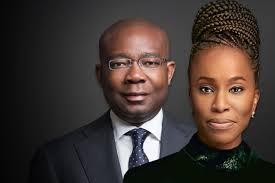
Aig-Imoukhuede Foundation opens applications for 6th Cohort Programme
The Aig-Imoukhuede Foundation is pleased to announce that applications are now open for the sixth cohort of its transformative AIG Public Leaders Programme (AIG PLP).
This flagship six-month executive education initiative, delivered by the University of Oxford’s Blavatnik School of Government, is designed to empower high-potential public sector leaders across Africa with the tools, networks, and strategic insight required to deliver meaningful reform across African public institutions.
Applications are now open to qualified public servants from all English-speaking African countries and will close on Sunday, April 12, 2026. The programme commences in October 2026.
Since its inception in 2021, the AIG PLP has built a formidable reputation for creating tangible impact.
Alumni from the programme have gone on to design and implement more than 230 reform projects within their ministries, departments, and agencies across Africa.
An impact survey revealed that 62% of alumni have earned promotions or assumed expanded leadership roles post-training, demonstrating the programme’s direct effect on career advancement and institutional influence.
“Across Africa, the complexity of public sector challenges demands more than good intentions. It requires reformers who understand systems, can navigate institutional realities, and are equipped to implement sustainable change.
The AIG PLP is designed to meet this need,” said Ofovwe Aig-Imoukhuede, Executive Vice-Chair of the Aig-Imoukhuede Foundation.
As part of the programme, a PLP alumna, Titilola Vivour-Adeniyi, Executive Secretary of Lagos State DSVA, launched a secure self-reporting tool that allows survivors of domestic and sexual abuse safely document incidents and preserve evidence.
Survivors are already accessing support, and the tool ensures that crucial proof is protected until justice can be sought. This is one of over 230 impactful reform projects being implemented across sectors as diverse as healthcare, finance, agriculture, and education.
We are seeing proof every day that investing in the capacity and leadership potential of people, delivers the kind of transformation that policy alone cannot achieve.”
The AIG PLP is a blended learning experience that combines online sessions with an intensive residential module.
It is offered at no cost to selected participants, with the Foundation covering all costs of the programme including accommodation and feeding during the residential weeks.
Participants gain direct access to world-class faculty from the University of Oxford, and learn to tackle core public sector challenges such as: Negotiating in the public interest. Harnessing digital technology for governance.
Strengthening public organisations.
Upholding integrity in public life.
The curriculum culminates in a capstone reform project, where participants apply their new skills to a real-world challenge within their institution.
This practical component ensures that learning translates directly into actionable solutions.
Interested candidates are encouraged to apply early. For more details on the application process and to apply, please visit the Aig-Imoukhuede Foundation website.
Business
Renewed Hope Ambassadors Inspect RHA Secretariat
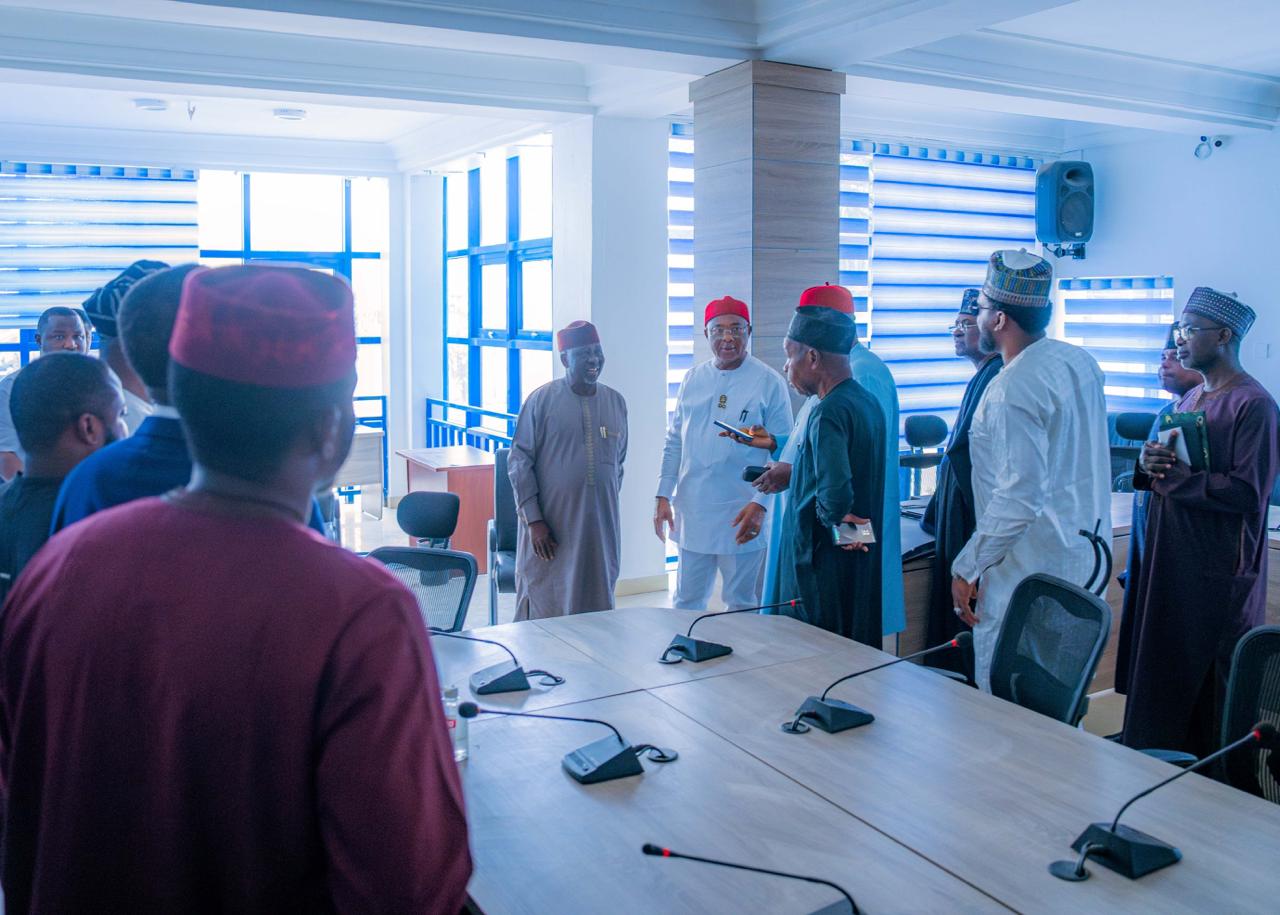
Renewed Hope Ambassadors Inspect RHA Secretariat
Renewed Hope Ambassadors, led by its Director-General and the Governor of Imo State, Hope Uzodinma, alongside Zonal Coordinators (NW, NC, SE), the Media & Publicity Directorate, and other key stakeholders, inspected the RHA Secretariat two days after President Bola Tinubu unveiled the Renewed Hope Ambassadors grassroots engagement drive in Abuja.
Business
Harmony Gardens’ Ibeju-Lekki Portfolio Crosses $1bn

Harmony Gardens’ Ibeju-Lekki Portfolio Crosses $1bn
Harmony Garden & Estate Development Limited has expanded its development activities across Ibeju-Lekki, pushing the projected long-term value of its estate portfolio beyond $1 billion.
Led by Chief Executive Officer Hon. Dr. Audullahi Saheed Mosadoluwa, popularly know Saheed Ibile, the company is developing seven estates within the Lekki–Ibeju corridor. Details available on Harmony Garden & Estate Development show a portfolio spanning land assets and ongoing residential construction across key growth locations.
A major component is Lekki Aviation Town, where urban living meets neighborhood charm, located near the proposed Lekki International Airport and valued internally at over $250 million. The development forms part of the company’s broader phased expansion strategy within the axis.
Other estates in the corridor tagged as the “Citadel of Joy” (Ogba-idunnu) include Granville Estate, Majestic Bay Estate, The Parliament Phase I & II, and Harmony Casa Phase I & II.
With multiple projects active, the rollout of the Ibile Traditional Mortgage System, and structured expansion underway, Harmony Garden & Estate Development Ltd continues to deepen its presence within the fast-growing Ibeju-Lekki real estate market.
-

 celebrity radar - gossips7 months ago
celebrity radar - gossips7 months agoWhy Babangida’s Hilltop Home Became Nigeria’s Political “Mecca”
-

 society5 months ago
society5 months agoReligion: Africa’s Oldest Weapon of Enslavement and the Forgotten Truth
-

 society7 months ago
society7 months agoPower is a Loan, Not a Possession: The Sacred Duty of Planting People
-

 news7 months ago
news7 months agoTHE APPOINTMENT OF WASIU AYINDE BY THE FEDERAL GOVERNMENT AS AN AMBASSADOR SOUNDS EMBARRASSING









